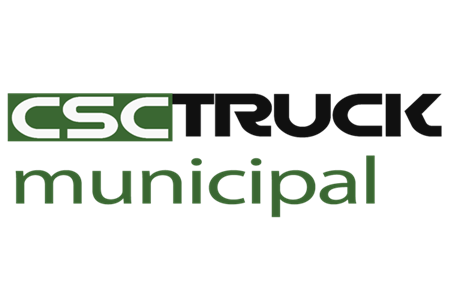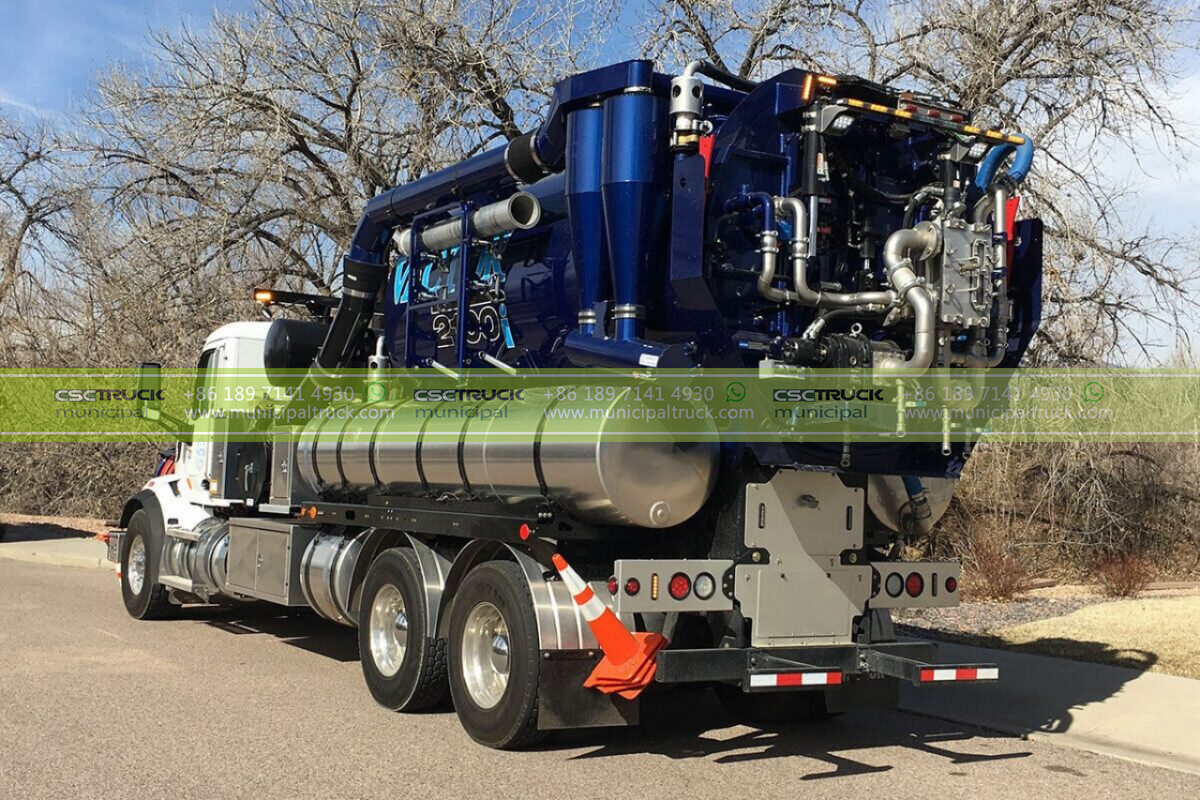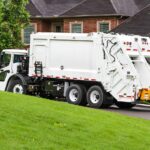Vacuum sewer trucks play a vital role in maintaining clean and functional sewer systems. They are the unsung heroes that keep our cities and communities running smoothly. However, like any piece of machinery, they require regular maintenance to ensure they operate at peak performance. Neglecting vacuum sewer truck maintenance can lead to costly breakdowns, environmental issues, and disruptions to daily life. In this article, we will delve into the best practices for vacuum sewer truck maintenance, emphasizing the importance of preventative care and highlighting the key areas that demand attention.
Understanding Vacuum Sewer Trucks
Before we explore maintenance best practices, it’s important to understand the basic components and workings of vacuum sewer trucks. These specialized vehicles are designed to clean and maintain sewer systems efficiently. They function by creating a vacuum that sucks sewage and debris from underground sewer lines into a storage tank, preventing overflows and blockages. A typical vacuum sewer truck comprises several key components, including the vacuum pump, storage tank, hoses, and high-pressure water jets. To ensure these components function optimally, routine maintenance is essential.
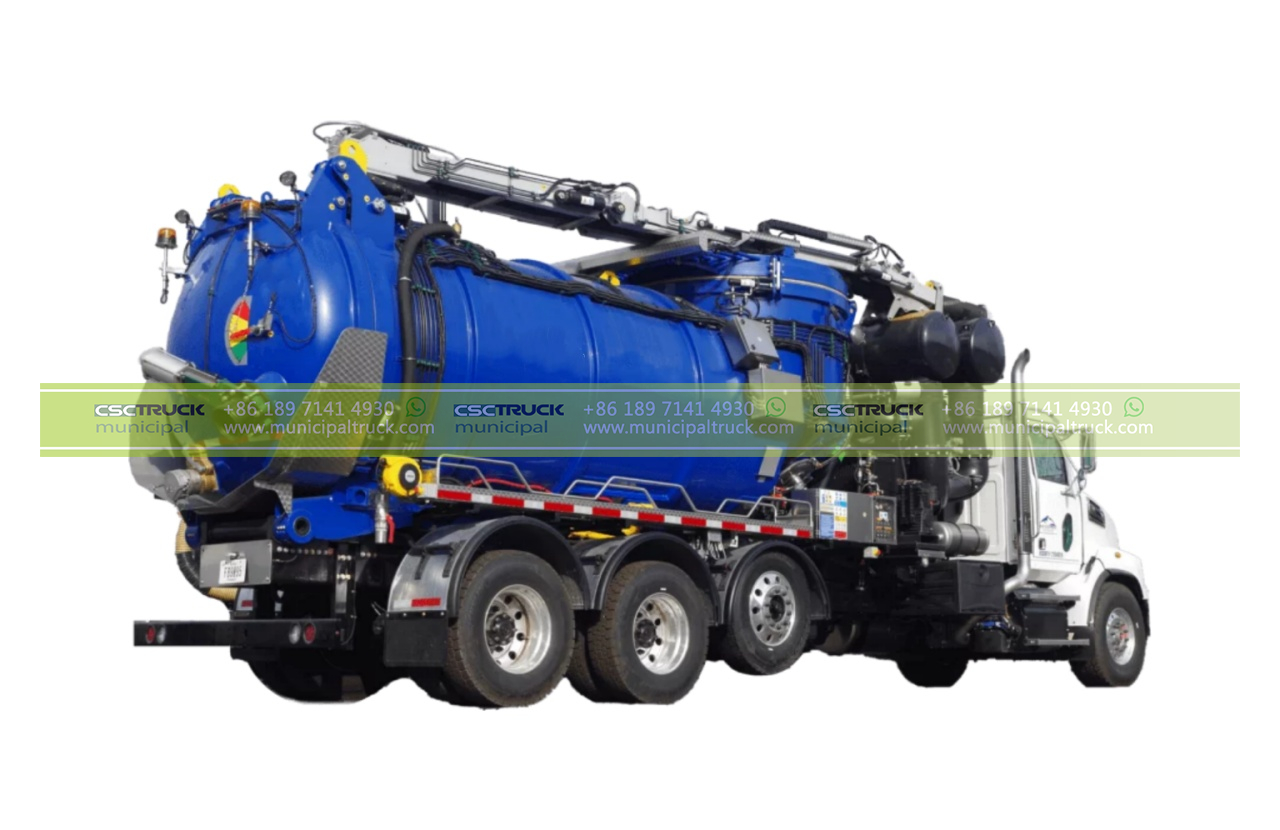
Benefits of Vacuum Sewer Truck Maintenance
Maintaining vacuum sewer trucks offers several critical benefits, including:
1. Preventing Breakdowns: Routine maintenance reduces the likelihood of unexpected breakdowns, ensuring the vehicle remains operational when it’s needed most.
2. Prolonging Lifespan: Proper maintenance can extend the lifespan of a vacuum sewer truck, protecting your investment.
3. Minimizing Downtime: Regular servicing reduces the need for unscheduled repairs, minimizing downtime and disruptions in sewage management.
4. Environmental Stewardship: A well-maintained vacuum truck is less likely to experience leaks or spills, reducing the risk of environmental damage.
5. Cost Savings: Investing in preventative maintenance can result in long-term cost savings compared to addressing issues as they arise.
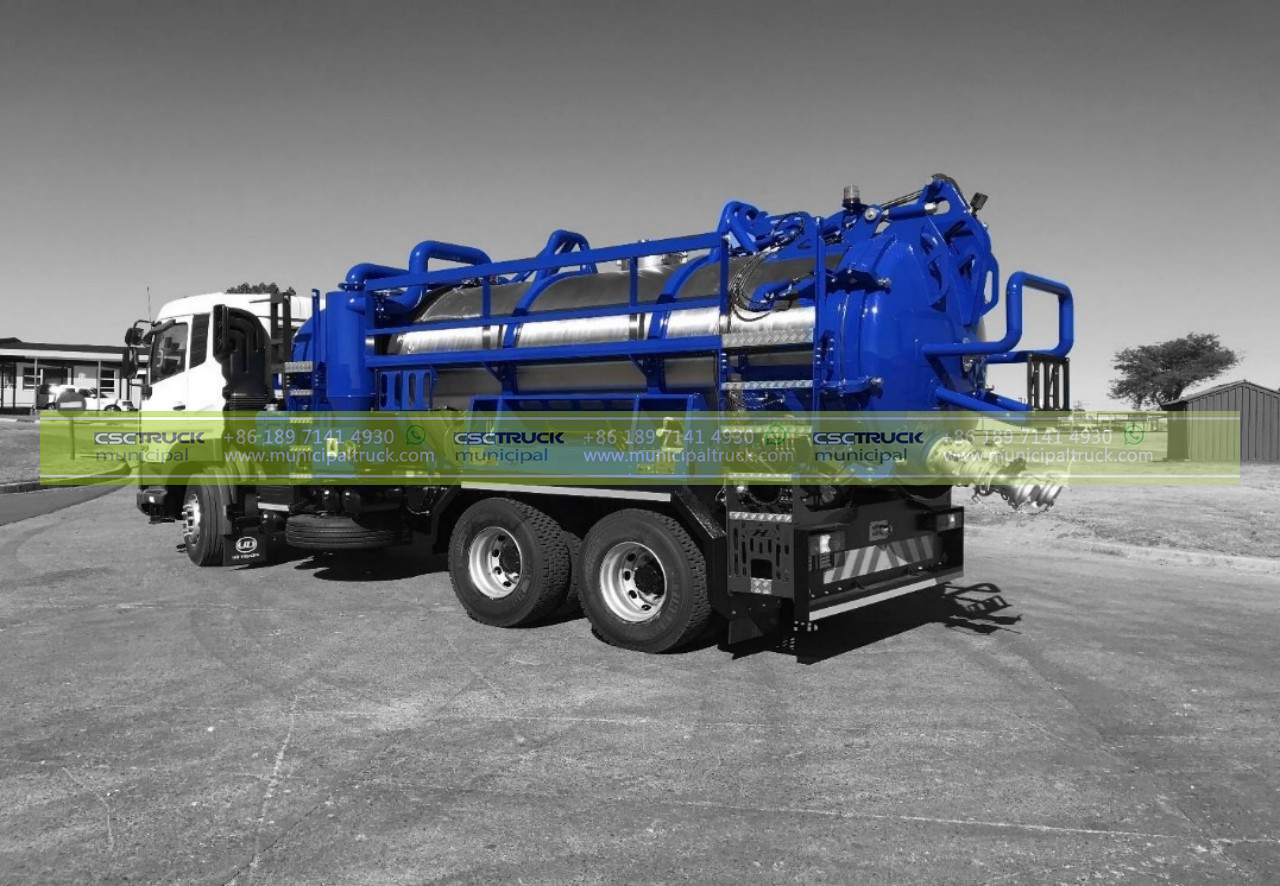
Best Practices for Vacuum Sewer Truck Maintenance
Now, let’s delve into the best practices for vacuum sewer truck maintenance. The following guidelines will help ensure the longevity and efficient operation of your vehicle.
1. Regular Inspections
Regular inspections are the foundation of good maintenance practices. They help identify issues before they escalate, ensuring early intervention and preventing costly repairs. Key components to inspect include the vacuum pump, hoses, storage tank, and any electronic controls. Check for signs of wear and tear, loose connections, or leaks. Additionally, perform a visual inspection of the entire vehicle for any external damage.
2. Lubrication and Fluid Checks
Proper lubrication is crucial for the smooth operation of a vacuum sewer truck. Ensure that all moving parts, such as the vacuum pump and hydraulic components, are adequately lubricated. It’s also essential to check fluid levels regularly, including engine oil, hydraulic fluid, and coolant. Follow the manufacturer’s recommendations for the type of lubricants and fluids to use and the recommended service intervals.
3. Filter Maintenance
Filters play a significant role in maintaining the cleanliness and efficiency of a vacuum sewer truck. Regularly inspect and clean filters to prevent clogs and ensure optimal airflow. If filters are damaged or excessively clogged, replace them immediately. Clean filters help the vacuum system work efficiently, minimizing wear and tear on the pump and other components.
4. Vacuum Pump Maintenance
The vacuum pump is the heart of the vacuum sewer truck. Regular maintenance of the pump is essential to prevent breakdowns and ensure maximum suction power. Maintenance tasks for the pump include checking and tightening bolts, inspecting seals, and monitoring the condition of vanes. If you notice reduced suction power or unusual noises, address these issues promptly to prevent pump failure.
5. Hose and Nozzle Inspections
The hoses and nozzles are crucial for the effective operation of a vacuum sewer truck. Inspect them for signs of wear, cracks, or damage. Ensure that the hoses are properly connected and not leaking. The nozzles should be clean and free from obstructions to maintain efficient sewage removal. Replace hoses and nozzles as needed to prevent contamination or accidents.
6. Storage Tank Cleaning
Regularly clean the storage tank to prevent the buildup of solids, sludge, and residue. Neglecting this aspect of maintenance can lead to reduced tank capacity and foul odors. Implement a cleaning schedule based on the frequency of use and the type of material being transported.
7. Electrical System Check
The vacuum sewer truck’s electrical system, including controls, alarms, and lighting, should be regularly inspected to ensure safe and efficient operation. Faulty electrical systems can lead to safety hazards and operational inefficiencies. Address any electrical issues promptly to maintain the integrity of the vehicle.
8. Training and Education
Invest in ongoing training for your maintenance staff and operators. Educated and well-trained personnel can identify issues early, perform routine maintenance effectively, and operate the vehicle safely. Knowledgeable staff can also contribute to the longevity of the vacuum sewer truck.
9. Record Keeping
Maintain detailed records of all maintenance and repair activities. This documentation helps track the vehicle’s service history, identifies recurring issues, and ensures that maintenance tasks are performed at appropriate intervals. It also assists in compliance with regulations and may be required for warranty claims.
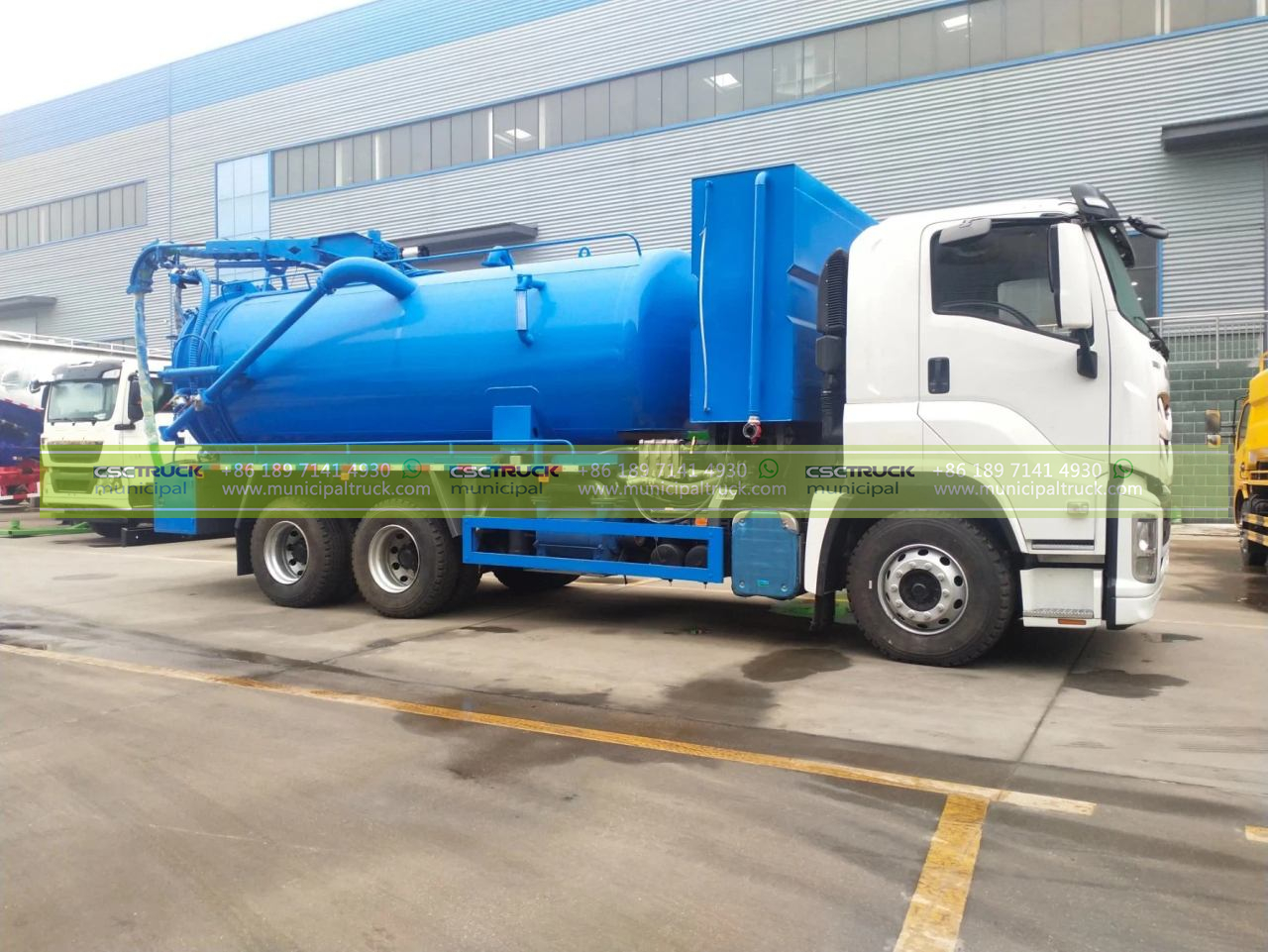
Conclusion
Vacuum sewer trucks are indispensable tools in maintaining sanitary and functional sewer systems. To ensure they perform at their best, regular and thorough maintenance is paramount. The benefits of effective maintenance include preventing breakdowns, extending the vehicle’s lifespan, minimizing downtime, promoting environmental stewardship, and ultimately saving costs. By following the best practices outlined in this article, you can ensure that your vacuum sewer truck remains a reliable and efficient part of your sewage management infrastructure, contributing to cleaner and healthier communities. Remember, prevention is key to avoiding costly repairs and operational disruptions, making proactive maintenance an investment well worth the effort.
Contact us for this municipal truck or similar trucks: [email protected] Call us or What's APP us: +86 189 4292 3930
